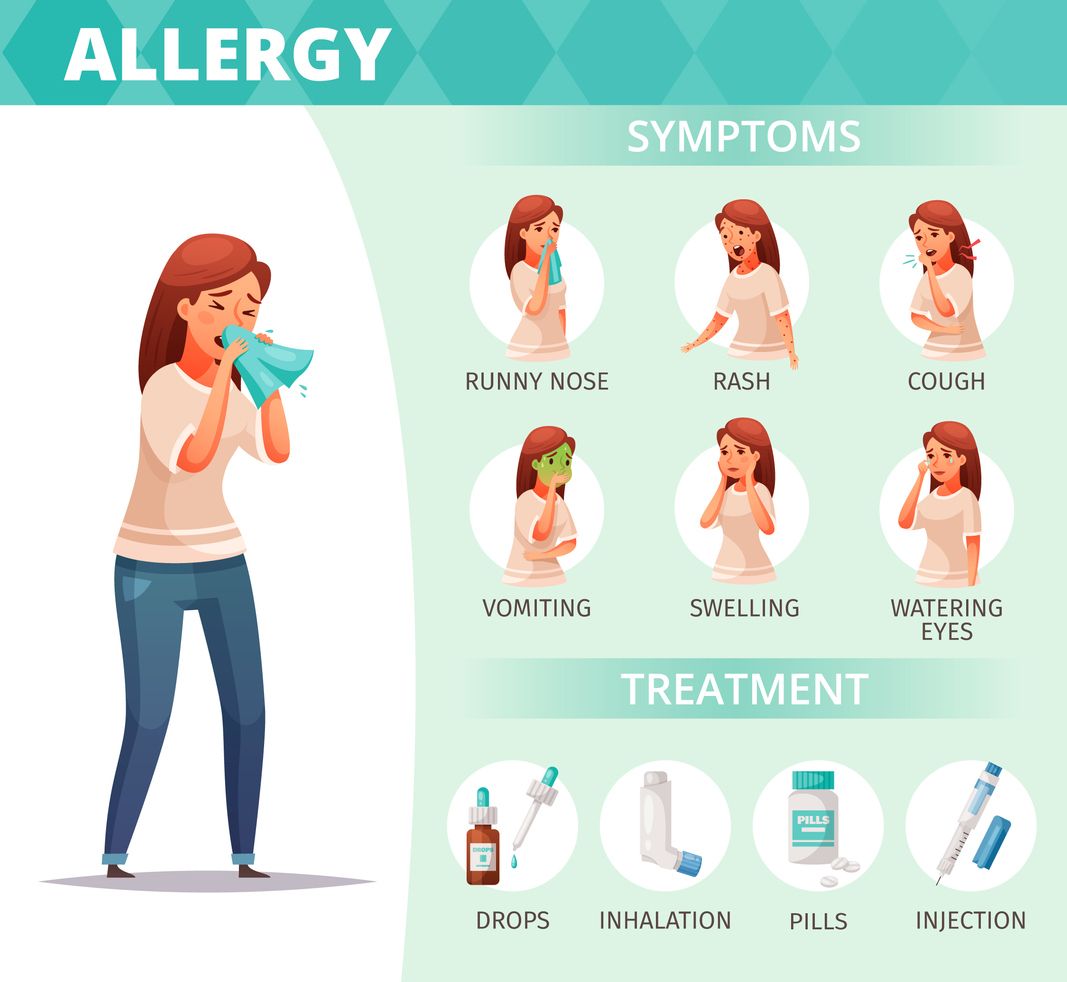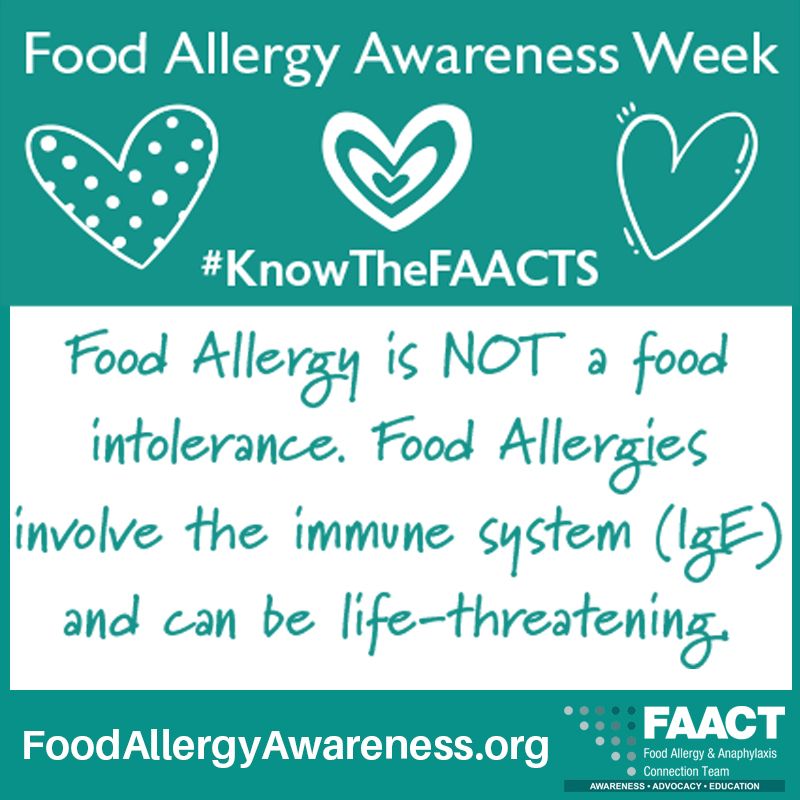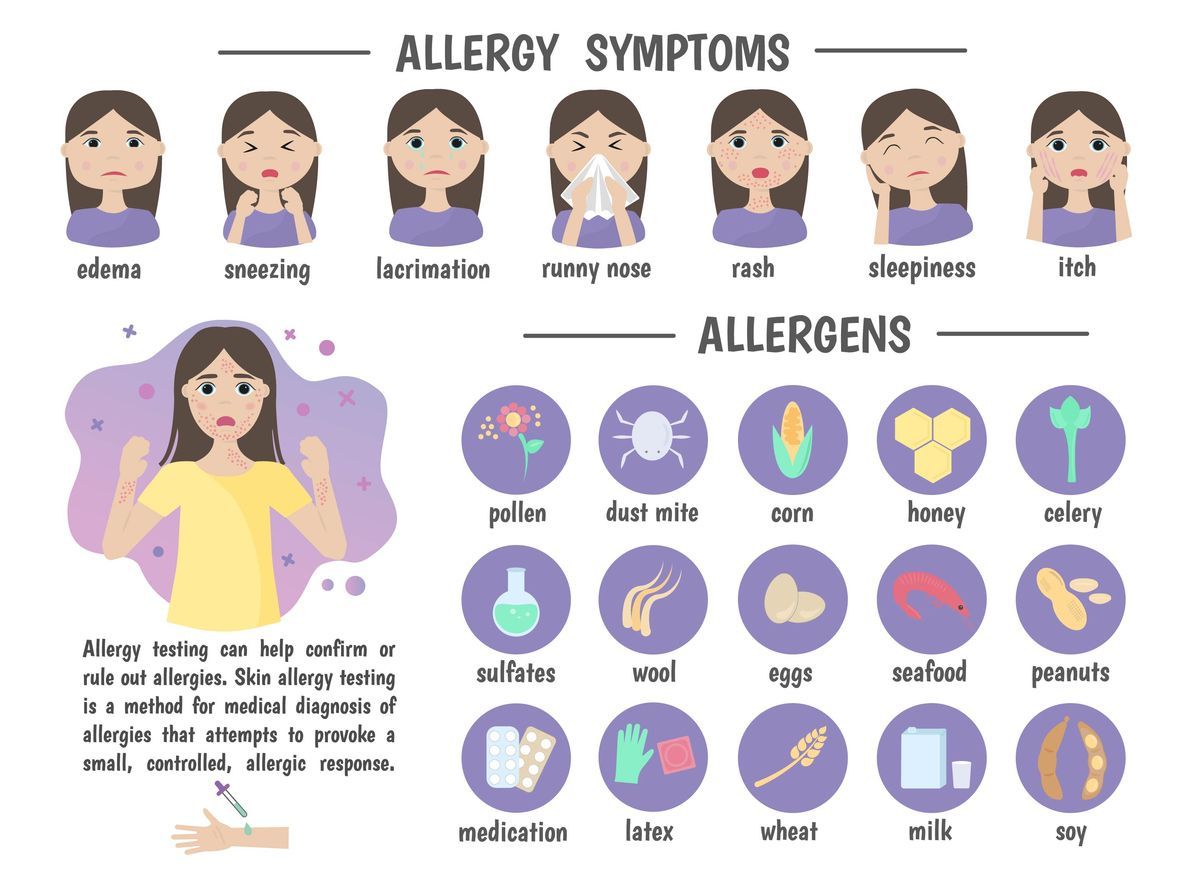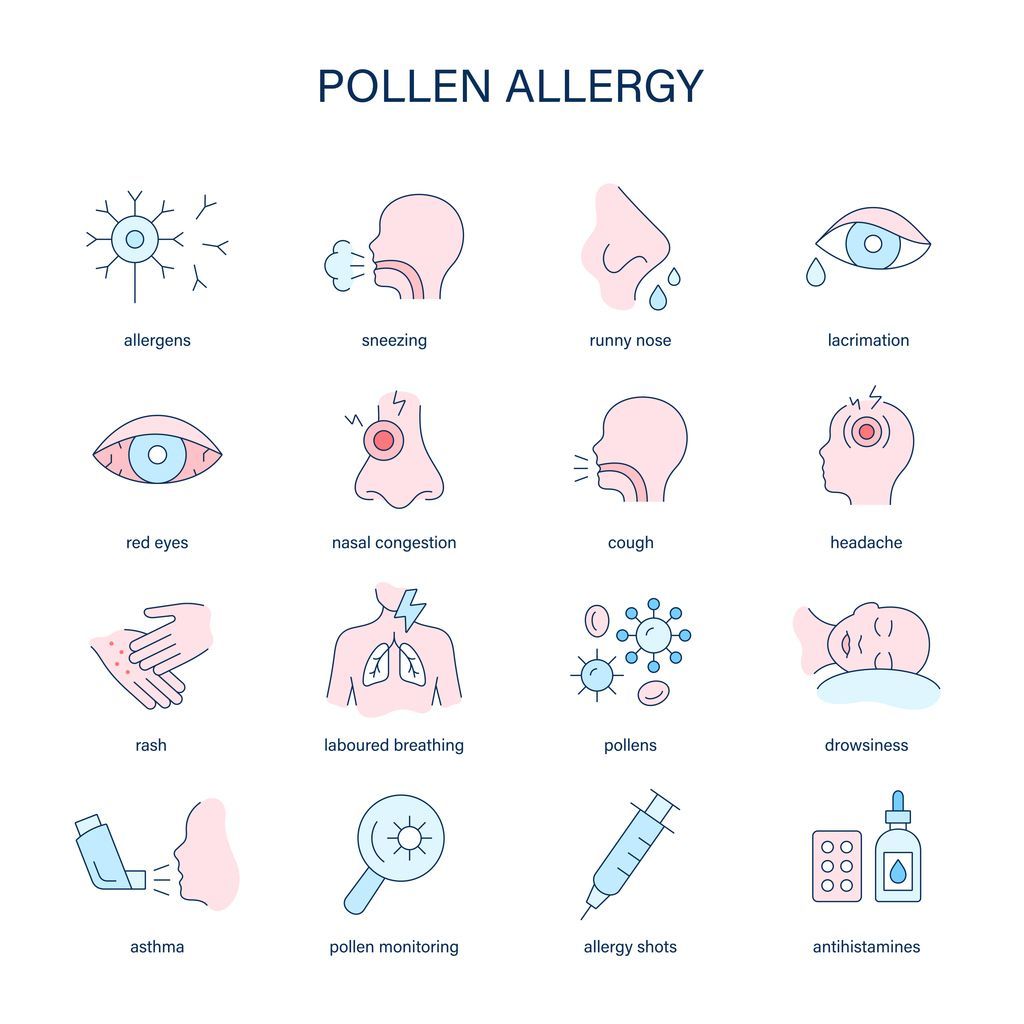What is Asthma?

Are you 1 of 25 million Americans with Asthma?
Asthma is a chronic, inflammatory condition that can be mild or life-threatening, affecting the lower airways. Symptoms include:
- Chest tightness
- Coughing
- Shortness of breath
- Wheezing
Given that there are a variety of symptoms, this also means that there is a wide range of triggers as well. Consulting with your physician to learn how to cope with your asthma symptoms and triggers can make living with asthma and allergy-related conditions drastically more manageable.
Who is at risk for asthma?
Asthma usually begins during childhood but can start at any age. Risk for asthma increases if there is a history of eczema/allergies, certain childhood viral infections, or family history of asthma. 80% of children and 60% of adults who have asthma also have allergies that can trigger attacks. Managing a person’s allergies can drastically reduce asthma attacks.
What can trigger an asthma attack?
Asthma can be triggered by many things. Common triggers are:
- Allergies (cat, grass, mold)
- Viral or bacterial respiratory infections
- Cold/dry air
- Exercise/emotional stress
- Airborne pollutants (cigarette smoke, fireplace, dusty environments, fragrances, other chemicals)
- Acid reflux
Does your asthma worsen outdoors or during the spring or fall?
Seasonal allergens such as grass, tree, and weed pollen can be responsible. Iowa has many pollinating plants outside of winter. Pollen is lightweight and can travel on the wind up to hundreds of miles and cause problems, even if you live in the city.
Does your asthma worsen first thing in the morning, year-round, or more severe indoors?
Indoor allergens can be responsible. Iowa winters prolong time indoors, maximizing allergen exposure. Common indoor allergens include:
- Dust mites: microscopic organisms found in bedding, carpeting, and the fabric of furniture.
- Pets: there is no truly “hypoallergenic” dog or cat. Guinea pigs, mice, and rabbits can also trigger allergies.
- Molds: found in areas with water damage.
- Cockroaches: found living anywhere with food and a water source.
How do you treat asthma?
There are many ways to approach treating someone with asthma. Just like there are many symptoms, there are also a variety of treatment options. Here at Iowa Allergy, our physicians use a multidisciplinary approach:
- Skin testing to identify allergies
- Allergy shots to change the immune system
- Avoiding/minimizing allergens/irritants that trigger attacks
- Medications (pills, inhalers, nose sprays, injectable biologics)
Interested in learning more about how to test for asthma, discussing your symptoms with our team, or seeking out treatment? We would love to sit down with you and learn more about what prompted you to seek out asthma treatment, how your allergies and/or asthma impacts your lifestyle, and what we can do to help you attain the life that you want, without being impacted by your asthma.










